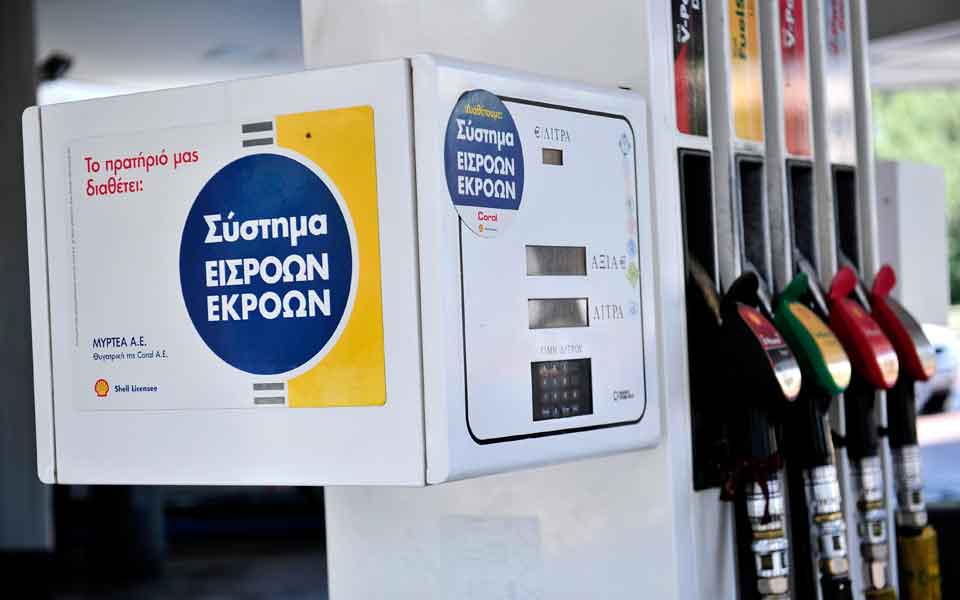Inflation takes a breather
EU-harmonized index eases to 11.5% in July year-on-year and posts monthly drop of 1.4%

Inflation stopped rising in Greece this month, but despite its marginal easing it remains at a particularly high level. According to Eurostat, the European Union-harmonized index of consumer prices stood at 11.5% on an annual basis in July from 11.6% in June, still considerably higher than eurozone inflation, which stood at 8.9%, a historic high.
Compared to June, the harmonized consumer price index in Greece recorded a decrease of 1.4%. The reduction in the price of fuel and the continued subsidies on electricity and natural gas bills seem to have played a role in this small retreat.
However, a new round of price increases is expected in the coming weeks, as producer prices continue to rise, while electricity and natural gas rates remain at staggering heights. What is expected in the coming period is the gradual spread of inflation throughout the economy – and not only in energy and food – via the increased cost of producing a multitude of products and services, combined with the development of strong inflationary expectations. In addition, the gradual weakening of the euro is leading to an acceleration of imported inflation.
Whether the national consumer price index will remain at the level of 12% (it was 12.1% in June) or fall below this limit, will become known on August 8, when its announcement is scheduled by the Hellenic Statistical Authority.
Eurostat data show that in July, Greece had the seventh highest inflation rate in the eurozone, with the highest rate recorded in Estonia (22.7%) and the lowest in Malta (6.5%). At levels similar to those of Greece, the harmonized consumer price index was just about matched in Slovenia (11.7%) and the Netherlands (11.6%).
The relatively good news – although it remains to be seen how long it will last – is that Greece recorded a reduction in energy inflation. According to Eurostat estimates, it was 56.1%, from 60.6% in June and 61% in May. However, it is still among the highest in the eurozone.





